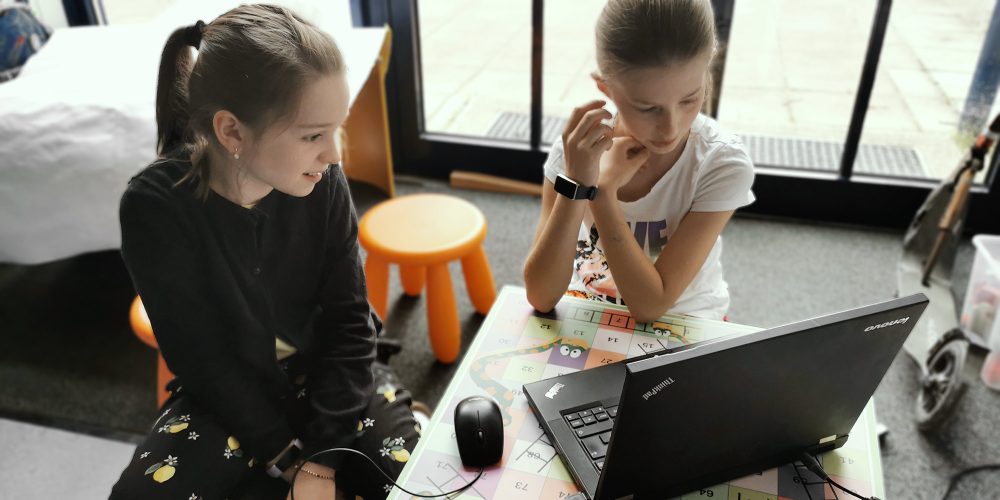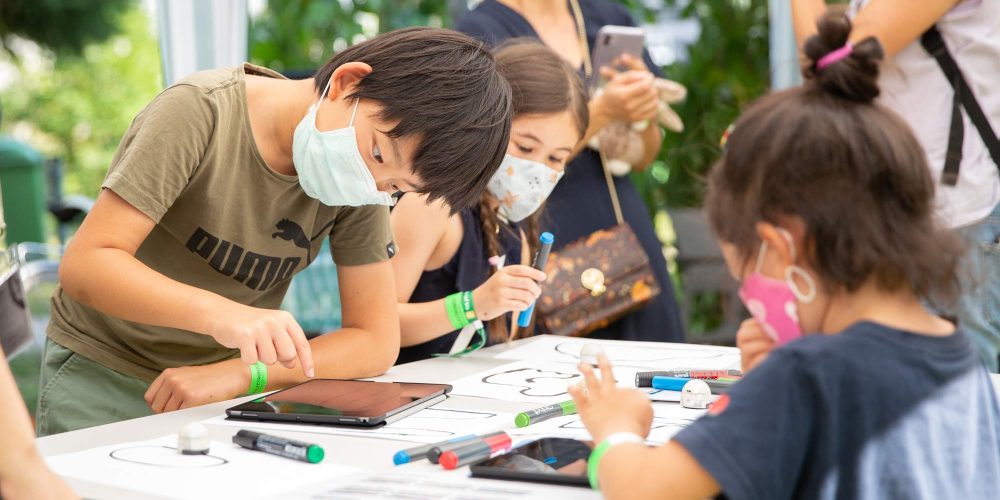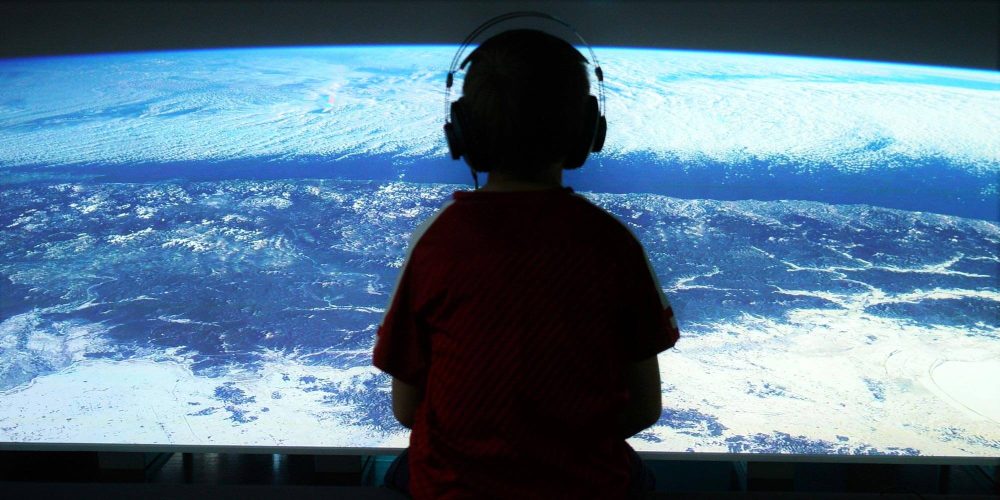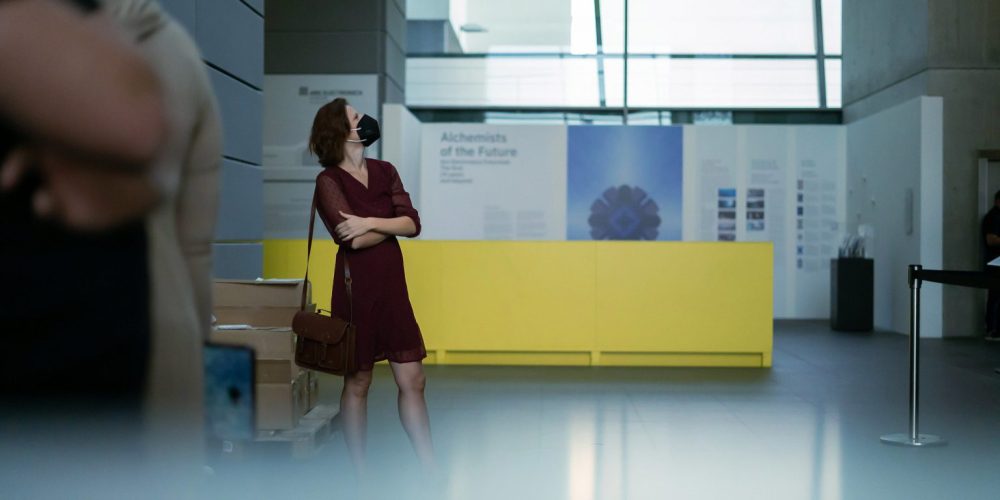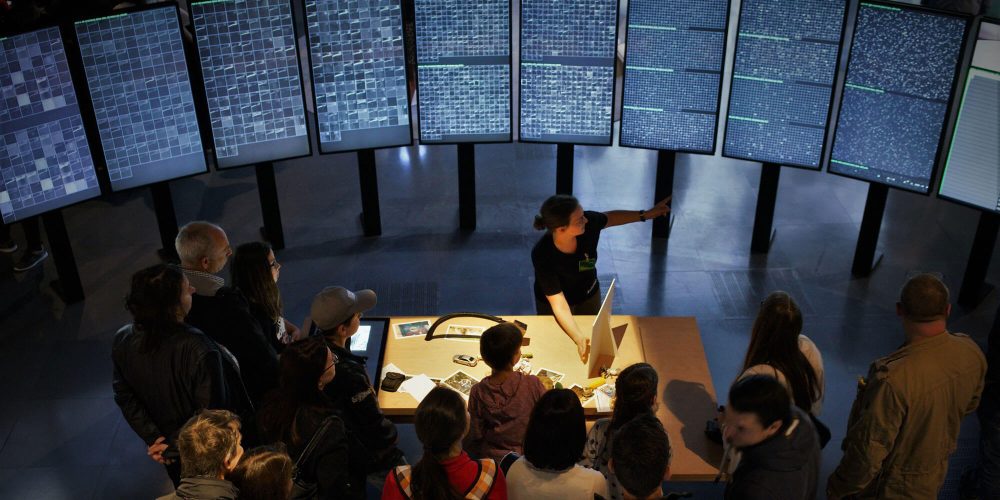
Society
-

State of the ART(ist): “Art is neither warlike nor peaceful”
We are convinced that we need art as a space where contradictions can be possible. But how do you deal with these contradictions in times of war? What influence does this have on curation and how does one implement the theme of political persecution in an Open Call?
-
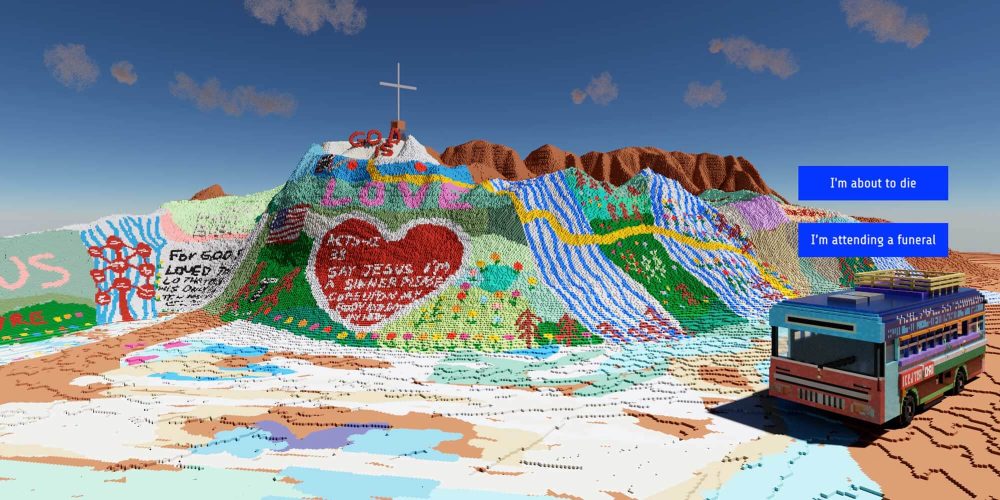
Who wants to live forever? AI and our digital (after)lives
[:de]Throughout time and across cultures, humans have been conditioned to view death as an endpoint in the experience of life. In an increasingly globalized and digitalized world, have our traditions and behaviours towards death changed? What happens when data outlives the person?
-
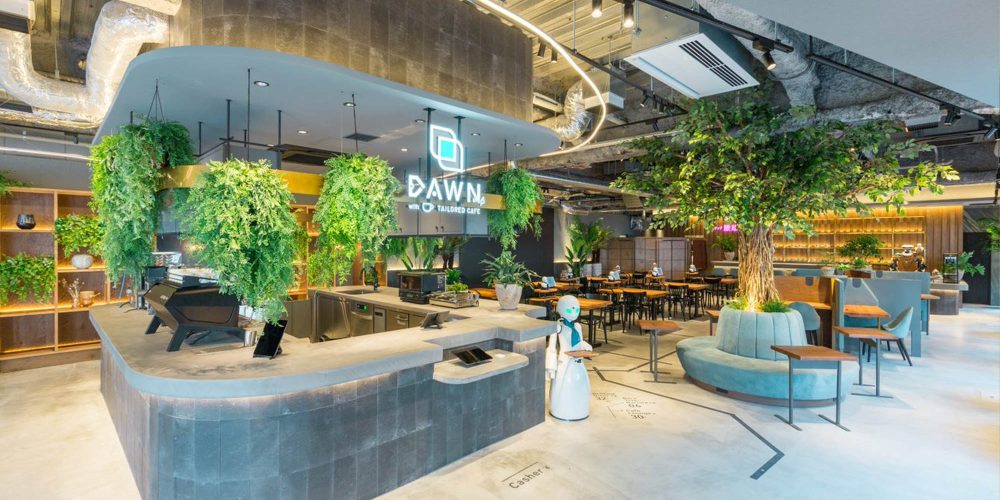
The slightly different café
This year, the Golden Nica in the Digital Communities category goes to Ory Yoshifuji, Co-founder CEO, Ory Laboratory Inc. for his project Avatar Robot Cafe DAWN ver.β.
-
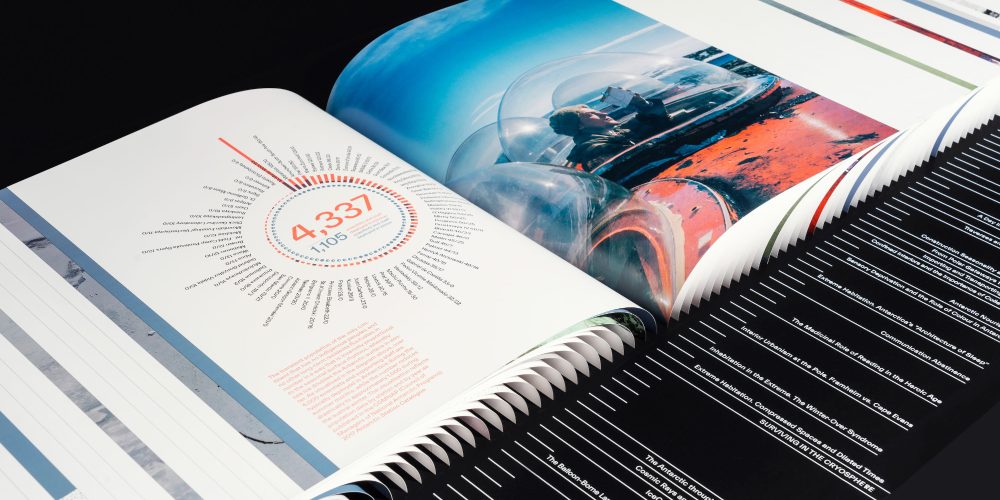
“What happens in Antarctica does not stay in Antarctica”
What does the melting of Antarctica have to do with the future of planet Earth? A lot – and that’s exactly why Giulia Foscari and UNLESS, in the work “Antarctic Resolution”, awarded the STARTS Prize 2022, have called for saving Antarctica and say: “Speak up for Antarctica now!”
-

Holly+: Come and sing like Holly Herndon!
“It takes a village to create something special” and Holly Herndon and her team have succeeded in doing just that. In the interview, she presents her machine learning project in more detail, for which she has now received the European Commission’s STARTS Prize 2022.
-
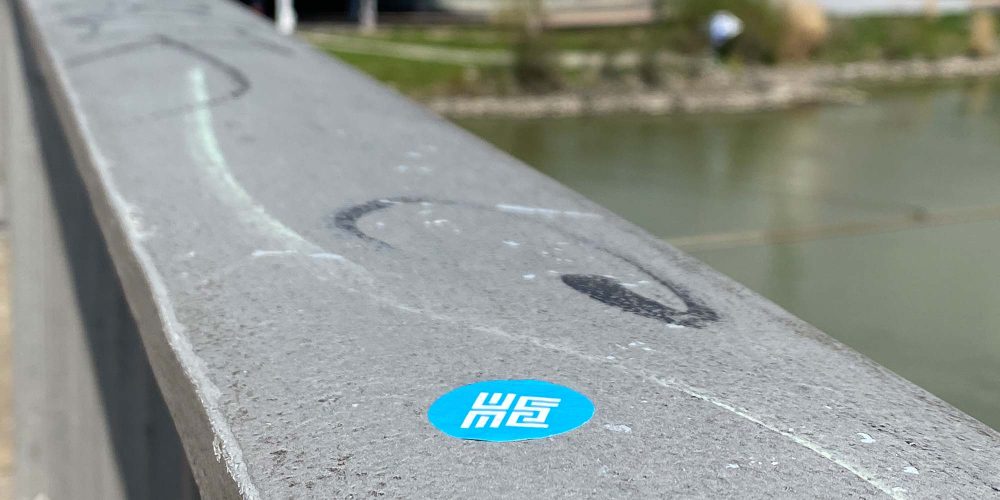
Center Story: April 2022
With our new “Center Stories” format, we’re telling you what’s going on behind the scenes at the Ars Electronica Center. In the first story, we want to introduce you to our plant offspring and recall a past exhibition.
-
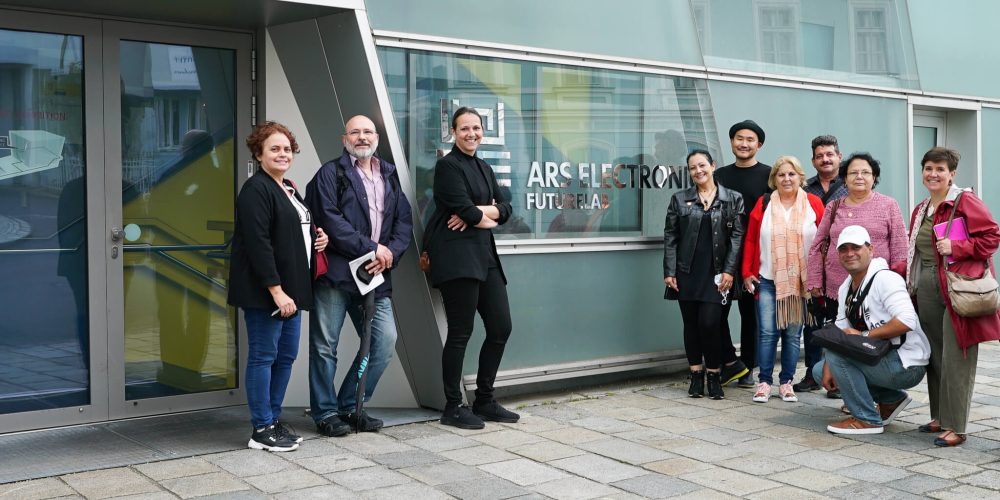
Futurelab – Prototype of a think-and-do tank
Cuba visits Linz: A delegation from the Cuban Computer Science Union finds inspiration in the Ars Electronica Futurelab’s unique concept.
-
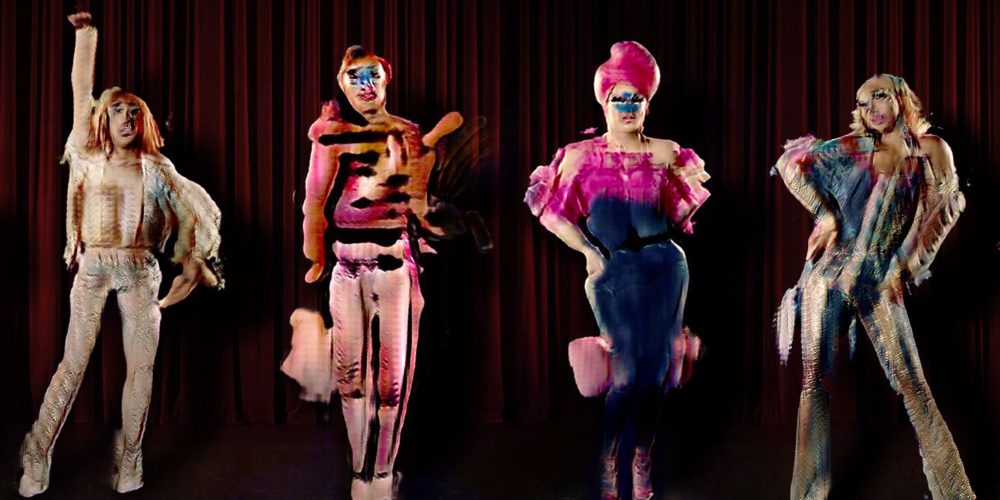
I see you: (in)visibility and equality in a new digital world
As Ars Electronica is a platform for those who see the future as the responsibility of our time and face it with social activation and empowerment, the last festival hosted projects which focused on making different realities and identities visible.
-
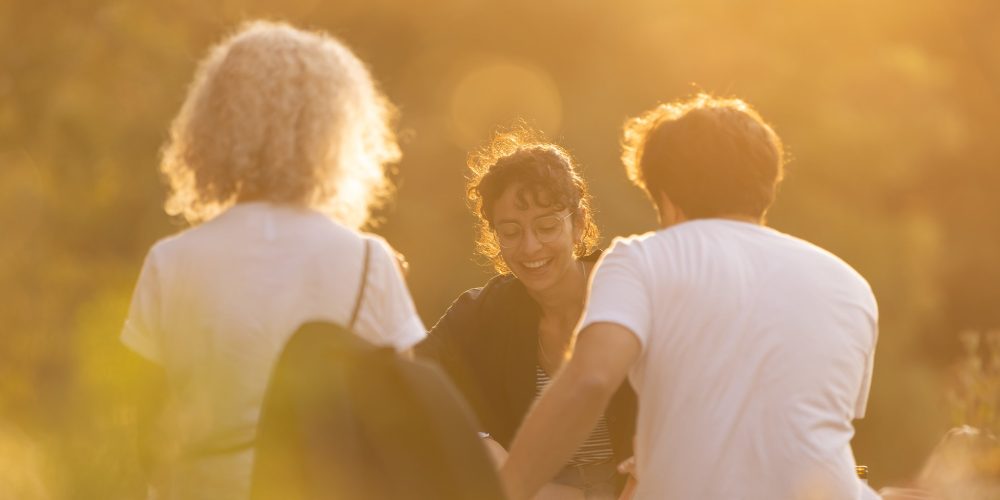
It’s about trying out things
In this interview, Gerfried Stocker explains why it takes more than virtual meetings to get people talking and how the Ars Electronica Festival is trying to become sustainable and resource-conserving.
-
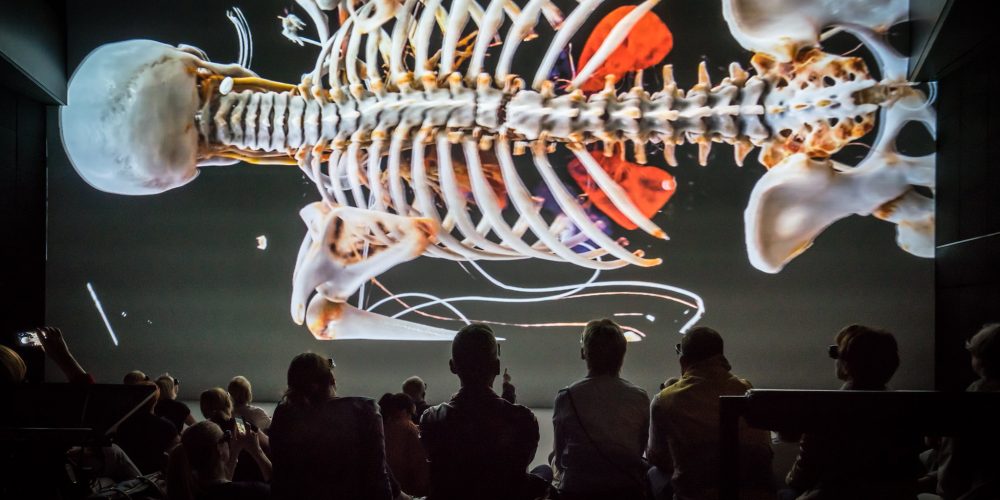
Deep Space EVOLUTION: Virtual Anatomy
A fascinating journey through the human body turns anatomy data into an immersive 3D experience in Ars Electronica Center.
-
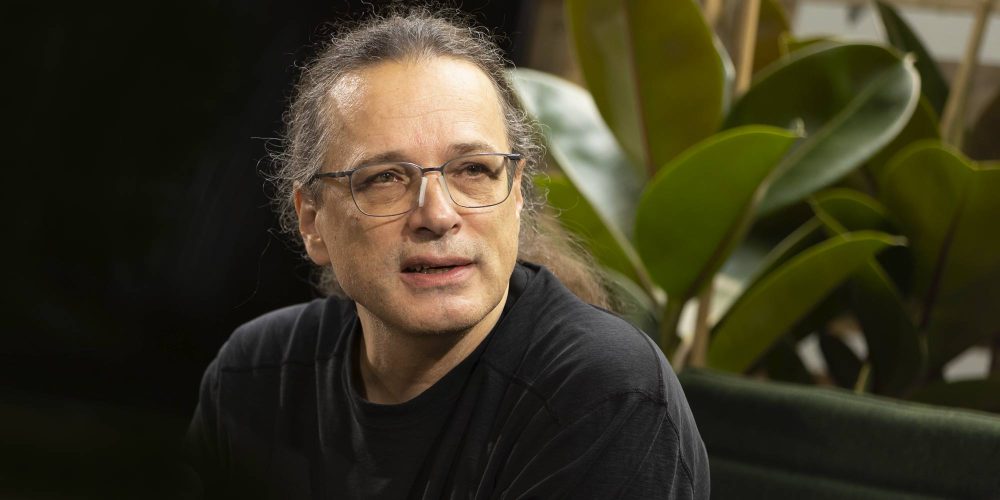
Change is needed when there is no way out
From the hopelessness of the climate crisis to the thinking space of art – in this conversation with Gerfried Stocker, we take a closer look at the theme of the 2022 Ars Electronica Festival.
-
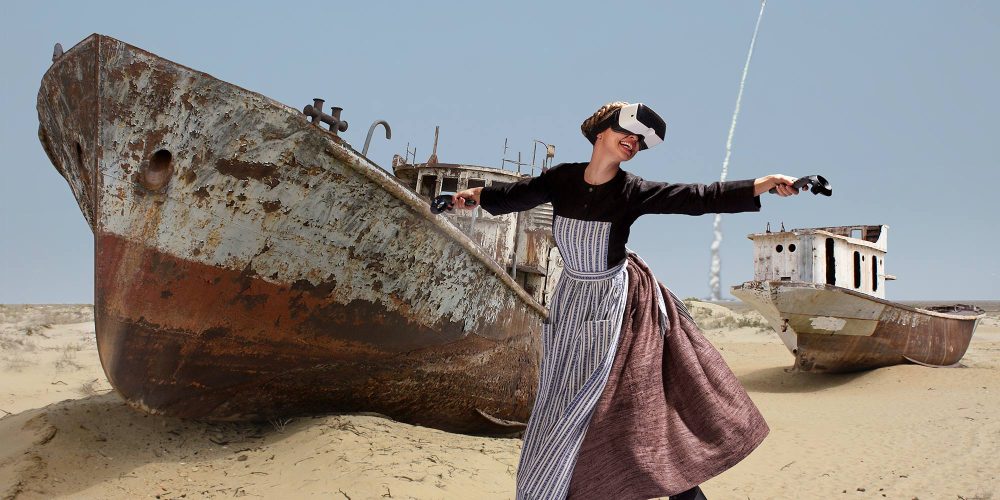
“Welcome to the Sound of Planet B”
What is Julie Andrews doing in the Aral Sea with VR goggles? Gerfried Stocker, Artistic Director of Ars Electronica, explains the thoughts behind the festival subject “Welcome to Planet B” and tells us how the image was created.
-
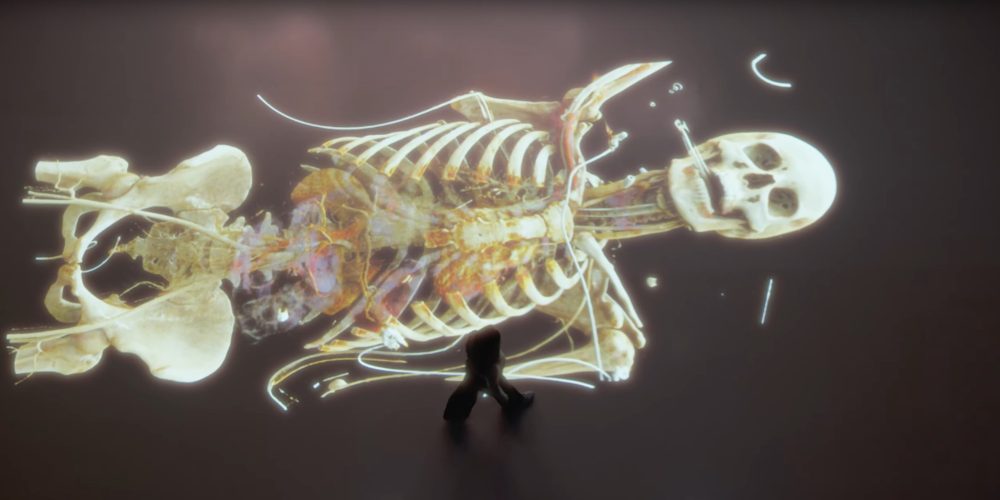
Deep Space EVOLUTION: Virtual Anatomy
With “Virtual Anatomy” in Deep Space EVOLUTION you can now experience the fascination of the human body even more impressively!
-
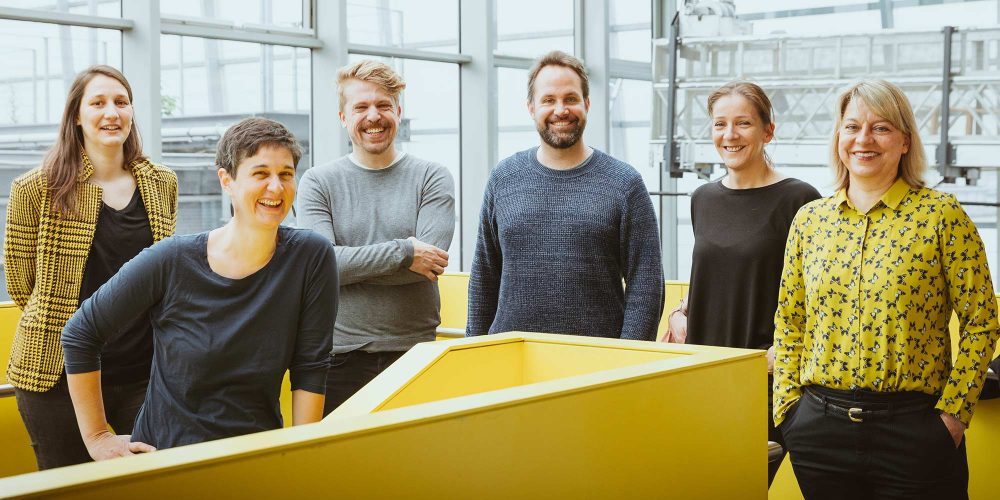
Learning at school – Digital and together
Digitalisation is changing the way we learn together at school. The jury of the education award “Klasse! Lernen” looked at ideas and proposals for using these digital tools.
-
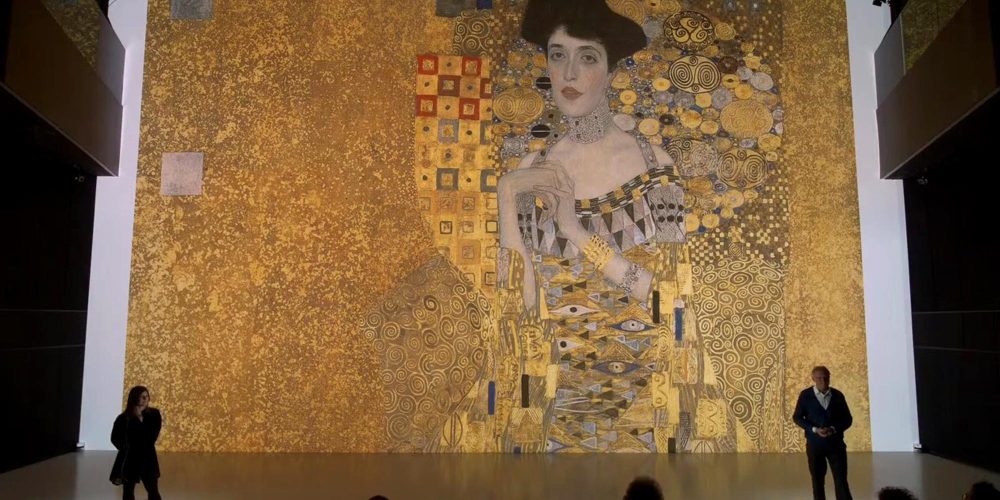
The Woman on the Picture
Gustav Klimt and Rebecca Merlic placed the image of the woman at the centre of their artistic work – an analysis.
-
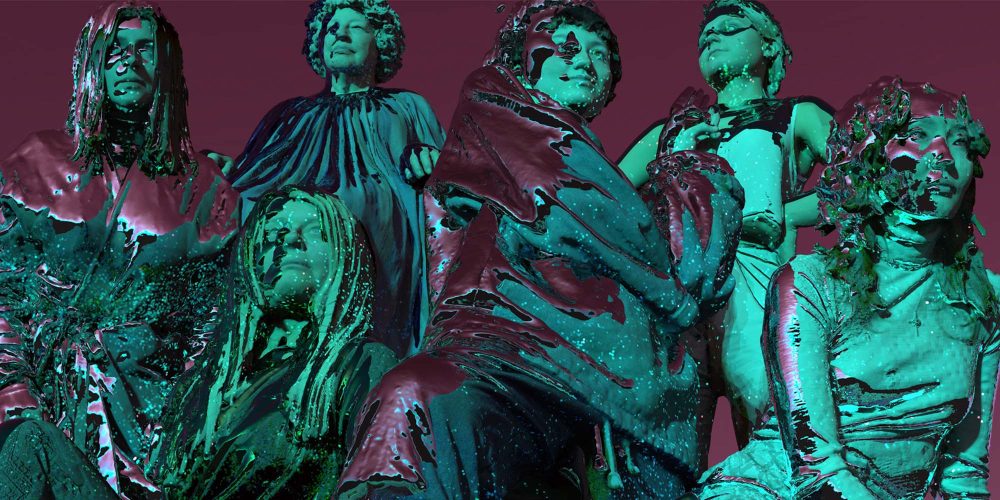
Merlic meets Klimt – the image of women then and now
On April 28, 2022, Gustav Klimt’s images of women will be in the spotlight. In this article, Franz Smola and Rebecca Merlic give you an insight into the topic of images of women.
-
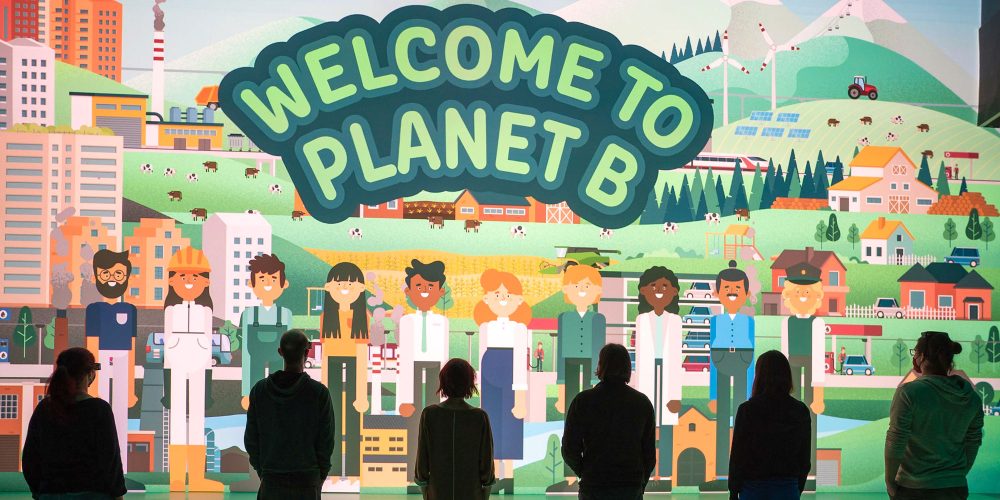
Deep Space EVOLUTION: Welcome to Planet B
What lifestyle changes are you willing to make to reduce your greenhouse gas emissions? Challenge your choices!
-
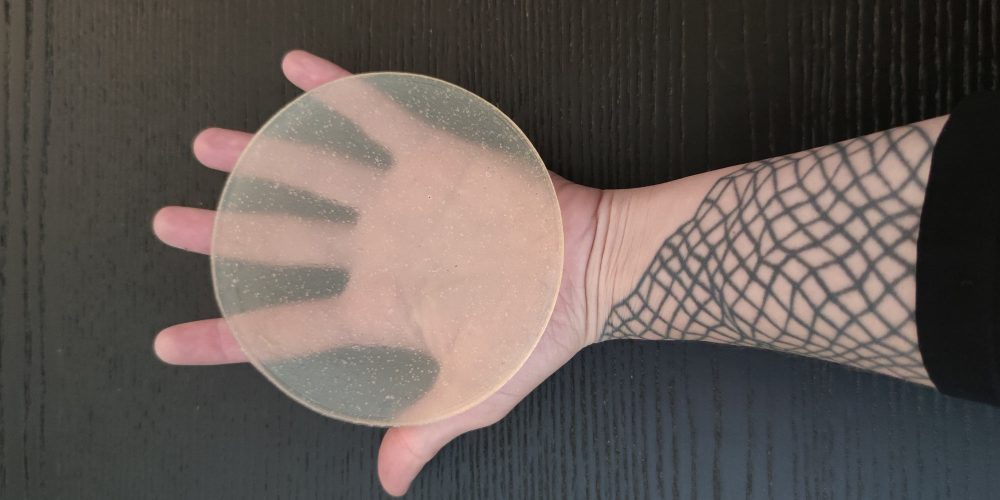
Circular Records for Circular Futures
Can records be made from biomaterials? Artists Kat Austen and Fara Peluso think so and will work on developing a low-carbon alternative to vinyl during their S+T+ARTS Residency.
-
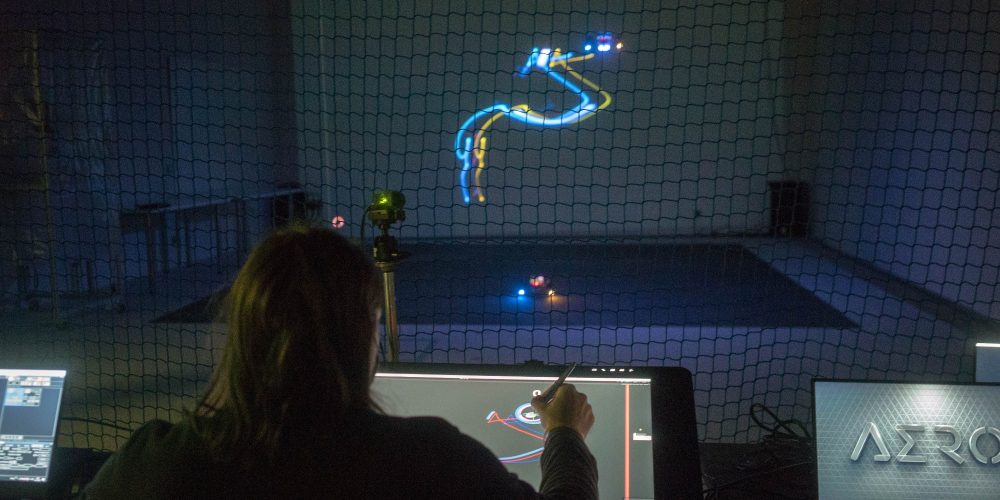
New technologies as part of law studies
Law students rarely deal with new technologies – that’s what the Future Thinking School and the JKU want to change.
-

Into the new year with our future experts
To kick off the new year, the Ars Electronica Futurelab is giving very special futurologists a chance to have their say.
-
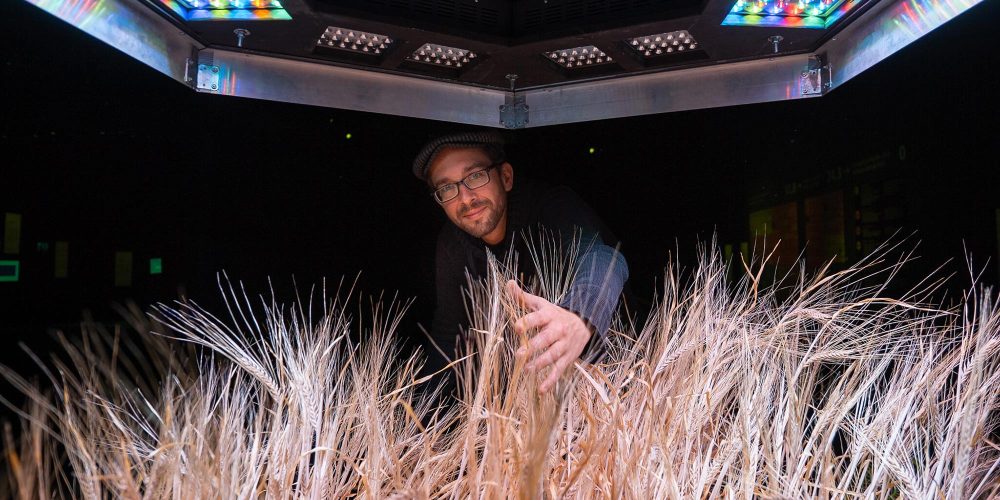
Is it really worth the effort?
Outside is winter, inside we harvest our own grain. Three months we have struggled, spent more than 400 euros, but harvested less than 800 grams of barley.
-
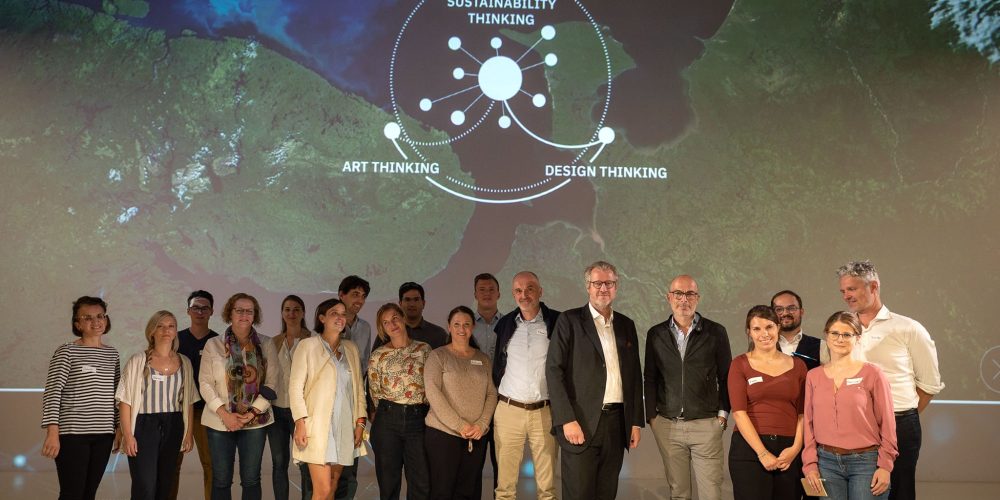
“Sustainability begins with the mind”
A new workshop format encourages people to question their own thinking about sustainability and thus initiate change. Let’s take a closer look!
-
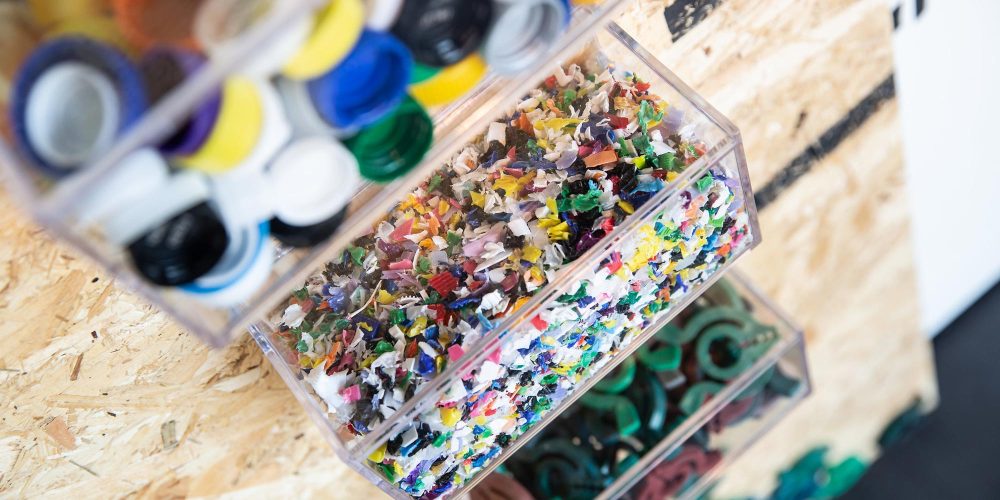
Circular economy instead of throwaway society
To counteract climate change, plastics must be handled differently. Design, life cycle, recycling on the one hand, industry, society and politics on the other hand are needed for this.
